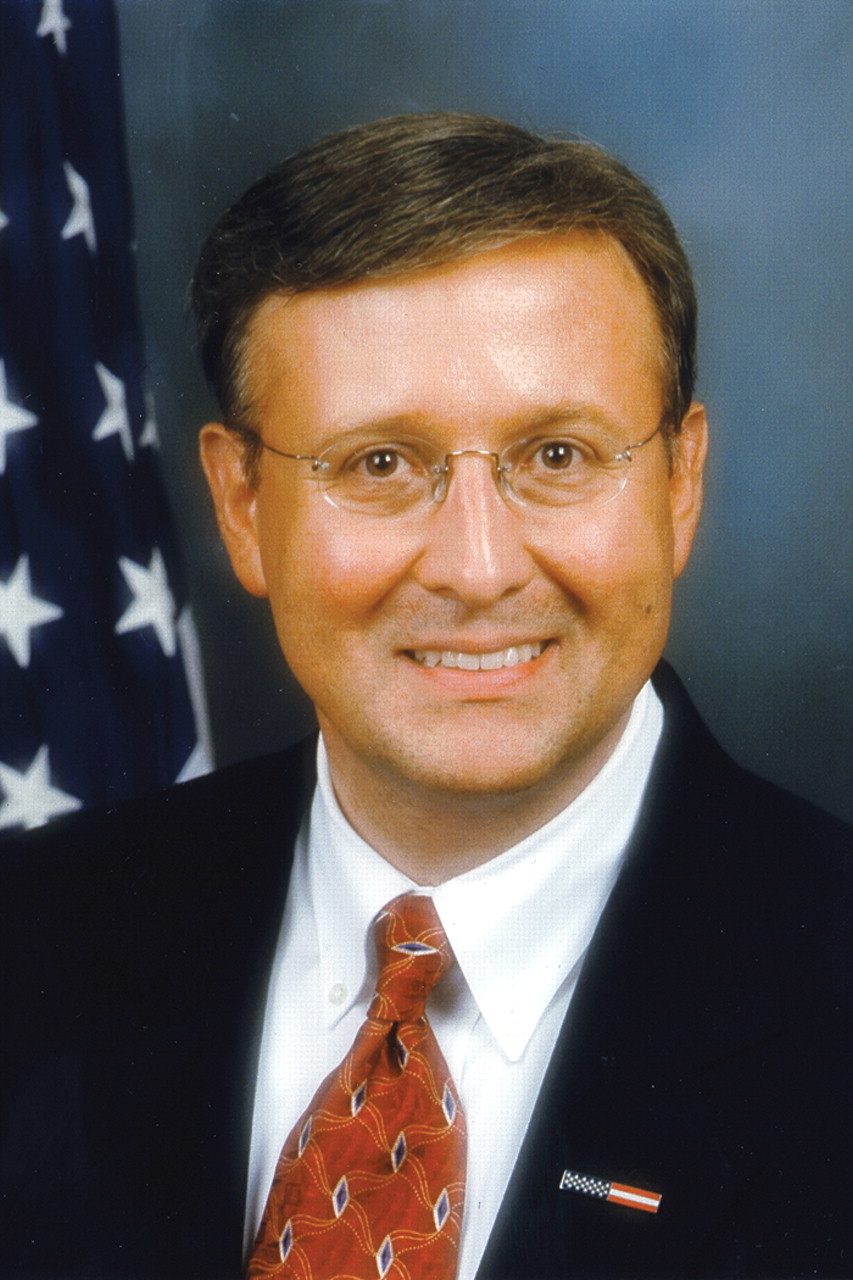Although APA leaders praised the departing administrator of the leading federal mental health care agency, both he and they acknowledge that substantial challenges loom on the horizon for the new leader.
Charles Curie, M.A., administrator of the Substance Abuse and Mental Health Services Administration (SAMHSA), will step down August 5 after five years at the helm. Eric Broderick, D.D.S., acting deputy administrator and a rear admiral in the U.S. Public Health Service, will lead the agency until a permanent administrator is selected.
Among the most difficult tasks for the next administrator, Curie said in an interview with Psychiatric News, will be implementation of workforce development initiatives to increase the number and quality of personnel trained to provide mental health care, including substance abuse treatment. Such efforts are included as a priority part of SAMHSA's matrix, or strategic plan, to develop an action plan that can show results within two years.
Complicating SAMHSA programs, Curie said, is that the agency will have to work within a federal budget that will flatline or even shrink for nonmandatory spending in coming years.
Mental health advocacy groups may have greater success maintaining existing federal spending or adding new funding, Curie said, if they have a unified, consistent message and communicate the common ground they share.
“When the field is united, it is remarkable what can be accomplished,” Curie emphasized.
He cited the example of substance abuse care advocates in Pennsylvania during his term as deputy secretary for mental health and substance abuse services in the state's Department of Public Welfare, in which the advocates united to seek a carveout of Medicaid dollars for substance abuse treatment and give counties more control over the funds. He noted that similar efforts in other states failed—even when supported by the governor—when advocates did not show a united front.
Another challenge for the future SAMHSA administrator is the ongoing implementation of the recommendations of the President's New Freedom Commission on Mental Health. Curie and leaders in psychiatry count his efforts to establish the commission and implement its recommendations as among his most important accomplishments.
“Although implementation of [the recommendations of] this report has been delayed by the Bush administration, the report itself will continue to provide momentum for further development of the public mental health system,” said Darrel Regier, M.D., M.P.H., director of APA's Division of Research and the American Psychiatric Institute for Research and Education. Although some mental health advocates have criticized the federal government for not fully implementing the commission's recommendations, Curie said that the goal is to create “actual changes on the ground” within three years.
Based on the commission's recommendations, the agency aims to better coordinate mental health financing between itself and the Centers for Medicare and Medicaid Services.
Among the changes he hopes to see is a clear focus on suicide prevention.
“Another example would be potentially seeing some creative approaches for implementing evidence-based practices by using Medicaid dollars and [having] a clear pathway for states to be able to achieve that,” Curie said.
Psychiatrist Anita Everett, M.D., SAMHSA's senior medical advisor, said one of the commission's most significant long-term impacts may be in“ mainstreaming” consumer involvement in developing funding priorities for the government, which Curie has encouraged. Previously, mental health policymakers were reluctant to seek out or listen to the opinions of people with mental illness when deciding where to target funding.
Immediate past APA President Steven Sharfstein, M.D., also noted Curie's“ willingness to hear all points of view” as a critical component of his leadership style.
Another part of his legacy he hopes will continue to drive the agency is a strategic mental health plan that links funding areas (such as those for homelessness and older Americans) with the priorities for each area. The approach has established funding consistency in an area of government not known for that.
“It provides a framework around which projects of priority are developed in mental health,” Everett said.
A continuing challenge for both SAMHSA and APA is the further adoption of office-based opioid treatments, which has lagged expectations of many mental health clinicians.
Ongoing congressional efforts to lift individual clinicians' 30-case limit on such treatment require expanded support, he said, in addition to continued training of physicians who often find that this treatment option becomes an important part of their practice.
“Very aggressive training efforts are going to continue to be critical,” Curie said.
Effort is also needed to lift the stigma surrounding mental illness, he emphasized. Continued societal education is needed so people with mental illness no longer feel as if they can't seek help without enduring stigma and discrimination.
Curie's biography is posted at<www.samhsa.gov/about/bio_curie.aspx>.▪

